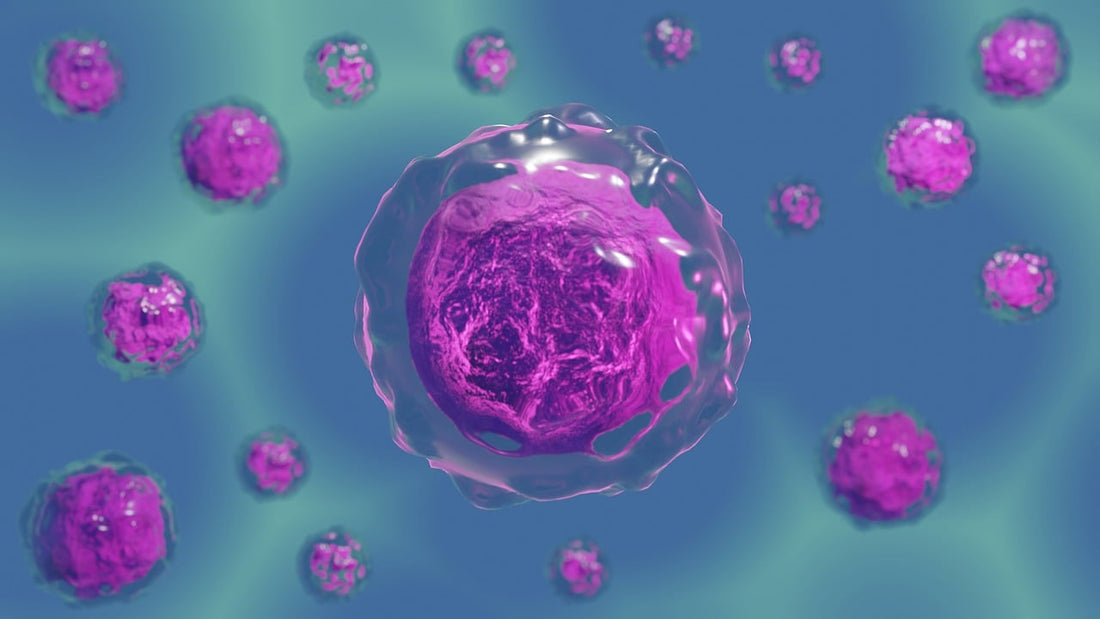The science of stem cells stands as a beacon of hope and innovation. What is a stem cell? Simply put, a stem cell is a unique type of cell capable of transforming into various other cell types in the body. This remarkable ability positions stem cells at the forefront of regenerative medicine, offering potential treatments for many diseases and injuries.
Types of Stem Cells and Their Sources
Stem cells are broadly categorized into two types: embryonic stem cells and adult stem cells. Embryonic stem cells, derived from early-stage embryos, have the extraordinary ability to develop into any cell type in the body. Adult stem cells, on the other hand, are found in various tissues like bone marrow and fat and are more limited in their differentiation potential.
Stem Cell Therapy: Revolutionizing Medicine
Stem cell therapy represents a groundbreaking approach to the treatment of various conditions. This therapy involves using stem cells to repair or replace damaged tissues and cells in the body. It holds promise for treating a range of diseases, including Parkinson's disease, diabetes, and heart disease.
The Science Behind Stem Cells
Delving deeper into what are stem cells, we find that their unique properties stem from two fundamental abilities: self-renewal and differentiation. Self-renewal allows them to divide and create more stem cells, while differentiation enables them to transform into specific cell types, offering a renewable source of replacement cells.
Stem Cells in Research and Medicine
The application of stem cells in research has opened new avenues in understanding human development and disease progression. Scientists use stem cells to study disease mechanisms, test new drugs, and develop model systems to explore genetic disorders.
Ethical Considerations in Stem Cell Research
While the potential of stem cells is immense, it is not without ethical concerns, particularly regarding embryonic stem cells. The debate centers around the moral implications of using human embryos in research. This has led to stringent regulations and guidelines to ensure ethical practices in stem cell research.
Advancements in Stem Cell Therapy
Recent advancements in stem cell therapy have been remarkable. Clinical trials are underway for stem cells in treating spinal cord injuries, stroke, and even regenerating organs. The future of stem cell therapy looks promising, with ongoing research pushing the boundaries of medical science.
Wellvanna: Your Guide to Health and Well-being
In the quest for optimal health, Wellvanna is dedicated to fostering better health and well-being. This company brings the best news and recommendations on how to be well and where to go to stay healthy. With a focus on holistic health, Wellvanna provides insights into the latest health trends, therapies, and wellness strategies. Their commitment to health education and guidance makes them a go-to source for those looking to enhance their well-being. Stay tuned for more from Wellvanna as they continue enlightening and empowering individuals on their journey to optimal health.
Challenges and Future Directions
Despite the potential, there are challenges in stem cell therapy, including issues of cell compatibility, ethical concerns, and ensuring safe and effective treatments. The future direction of stem cell research lies in overcoming these hurdles and unlocking the full therapeutic potential of stem cells.
Ultimately, stem cells represent a frontier in medical science, offering hope for many who suffer from incurable diseases. As research progresses, stem cell therapy may become a cornerstone in treating various health conditions, revolutionizing healthcare as we know it.

